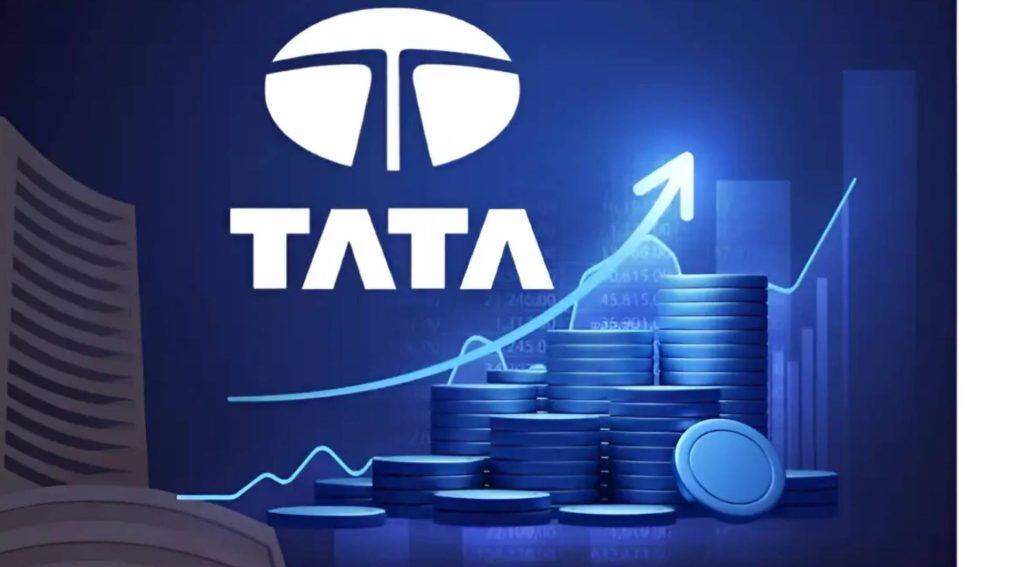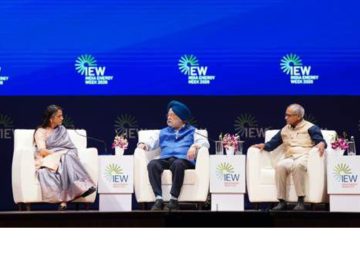The Tata Group has emerged as the leader among Indian brands in sustainability perceptions value (SPV), reaching
$5 billion.
This figure alone exceeds the combined SPV of global giants like Louis Vuitton, Netflix, and Lamborghini, according to the Sustainability Perceptions Index 2025 report by Brand Finance, the world’s leading brand valuation consultancy.
The report quantifies the financial value of sustainability perceptions and highlights discrepancies between brand reputation and actual ESG performance.
Tata Group tops ESG perception pillar in India:
The Tata Group also tops the list across all three ESG perception pillars among Indian brands featured in the index.
The strong showing underscores the group’s comprehensive and deeply ingrained approach to sustainability. From pioneering employee welfare initiatives to its enduring commitment to philanthropy, the group is widely perceived to consistently uphold a “people-first” philosophy that continues to shape its brand identity.
Three other Indian brands join the list:
Joining Tata Group at the forefront are three Indian IT services leaders: Infosys, ranking second; HCL Tech, in third place; and Wipro Group, securing the fourth spot among the top 10 Indian brands in the index. Together, these four brands account for over $10.0 billion in SPV, representing nearly 70% of the $14.4 billion total SPV attributed to India’s top 10 brands.
Untapped potential and global highlights:
Infosys leads Indian brands with a positive gap value of USD 388 million. This significant gap indicates that Infosys’s actual ESG performance surpasses public perception, offering a valuable opportunity for the brand to better articulate its sustainability efforts and enhance its reputation in this area.
Other notable highlights from the Brand Finance Sustainability Perceptions Index 2025 include:
Taj, part of the Tata Group, leads Indian hotel brands in social and governance sustainability perceptions, with an SPV of $67 million.
Dabur stands out among Indian cosmetics and personal care brands for strong environmental and social sustainability perceptions, holding an SPV of $49 million.
Amul leads ESG perception among Indian food brands with an SPV of $158 million, recognized for promoting regenerative practices and sustainable rural development.
Global insights:
Apple retains the highest total SPV globally at $39.0 billion. This reflects strong consumer belief that Apple is acting sustainably, despite ongoing criticism regarding labor conditions and environmental impact. The Index assesses perception, not performance, and Apple’s position underscores the power of belief in shaping brand value.
Microsoft ranks second in overall value but leads on untapped potential. With a positive gap value exceeding $5.6 billion, Microsoft’s actual sustainability performance is significantly stronger than it is perceived to be. This gap represents brand value that could be unlocked through clearer communication of ESG progress.
Tesla has experienced a loss of over $7.3 billion in sustainability-driven brand value. In 2023, Brand Finance identified $4.1 billion of sustainability value at risk for Tesla due to a widening gap between its strong environmental image and weaker governance and social performance. This risk has now materialized, with Tesla’s total brand value dropping from $66.2 billion to $43.0 billion and its Sustainability Perceptions Value (SPV) falling from $17.8 billion to just $10.4 billion.
Shhh… Greenhushing:
Greenhushing, where brands refrain from communicating genuine ESG achievements to avoid criticism, remains prevalent.
Brand Finance analysis indicates that 98 of the 500 brands have a positive gap value exceeding $100 million, revealing a significant amount of unrealized value.
Sustainability continues to influence brand choice, particularly in premium sectors. In the luxury auto category, sustainability accounts for 23% of brand choice, double the figure for the broader automotive market.
Similarly high drivers are observed in champagne and luxury cosmetics, where sustainability plays a stronger role than in their respective mass-market counterparts.
Brand Finance experts note:
Ajimon Francis, Managing Director, Brand Finance India, says, “India’s leading brands are demonstrating that a genuine commitment to sustainability, coupled with clear communication, can unlock immense reputational value. Tata Group’s leadership across all ESG pillars and the rise of IT services brands like Infosys, HCL Tech, and Wipro Group reflect a growing maturity in how Indian businesses embed and express their ESG strategies.
Robert Haigh, Director, Strategy & Sustainability, Brand Finance, says, “Brands are increasingly navigating a delicate balance on sustainability. Overstating progress carries reputational risk, but failing to communicate genuine action means leaving millions in brand value on the table. As pressure from investors and regulators intensifies, clarity and consistency will become key differentiators.”












